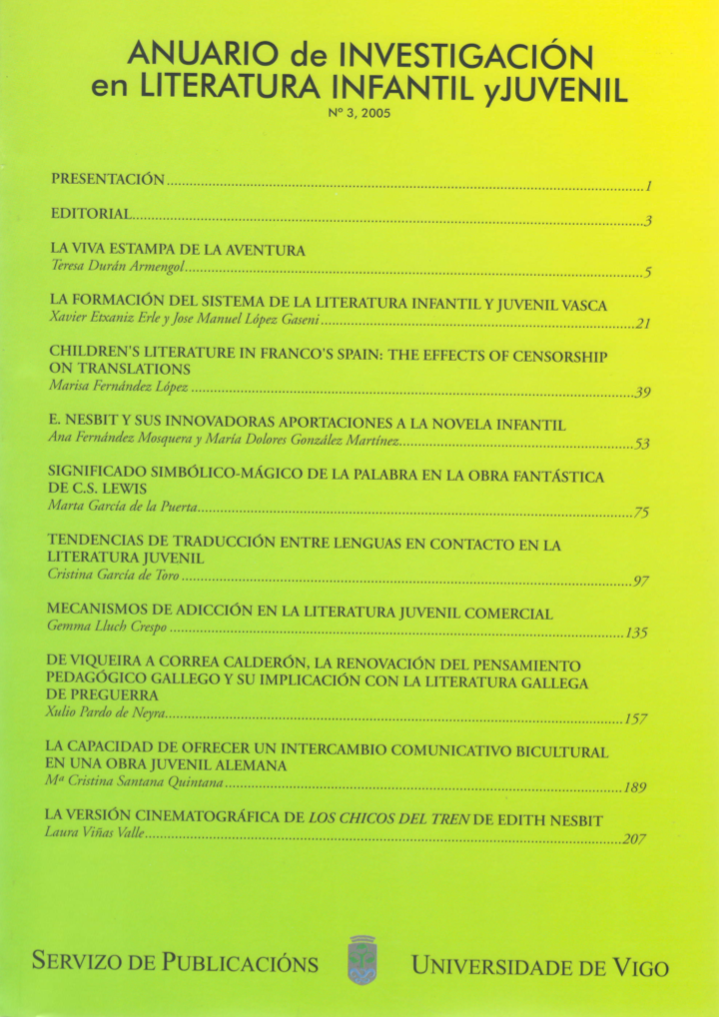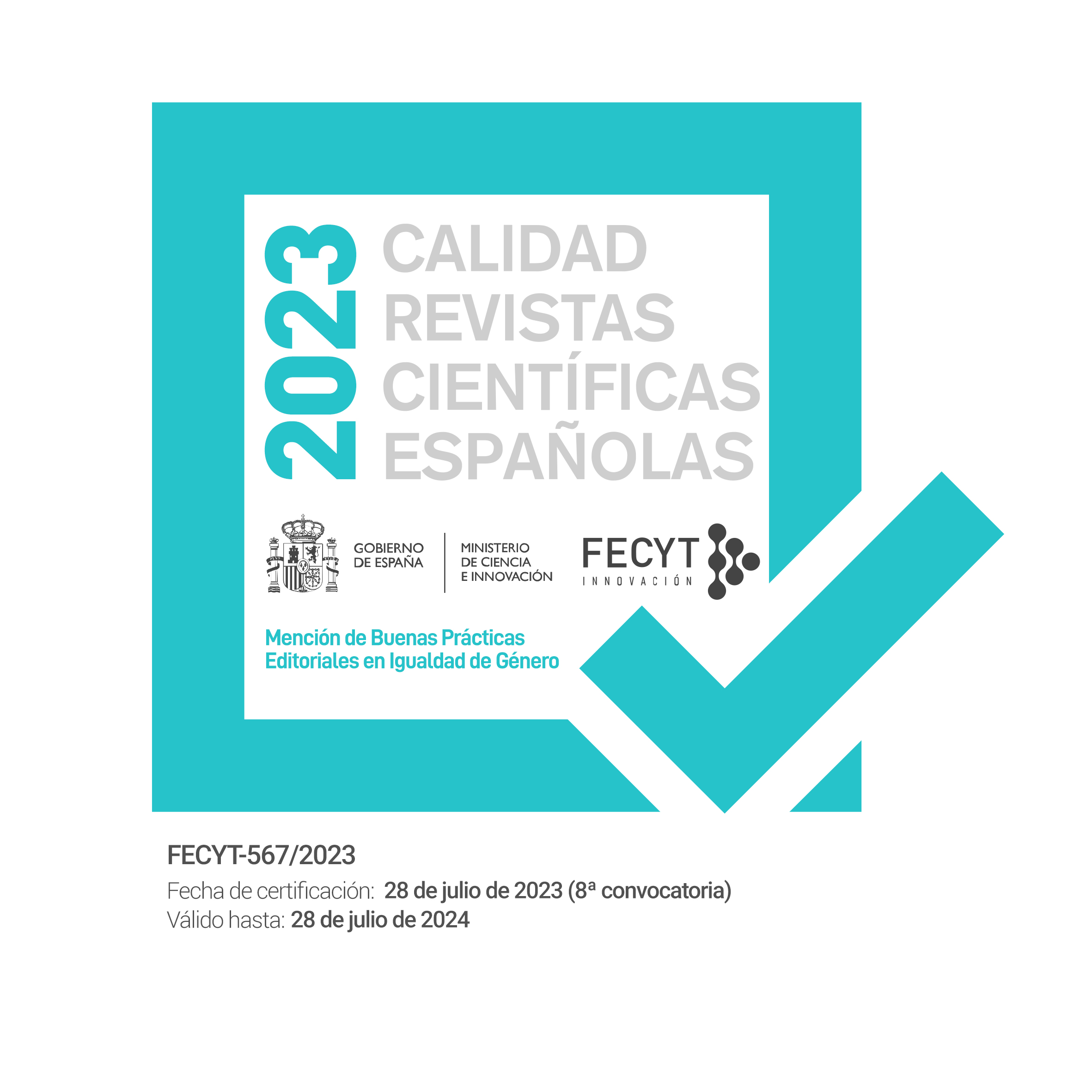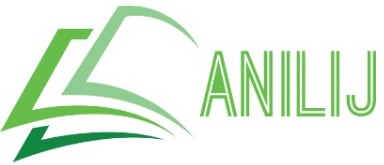Children's literature in Franco's Spain: The effects of censorship on translations
Keywords:
children's literature, censorship, translationAbstract
The peculiar ideological characteristics of the Franco régime, a pastiche of Fascist views of Mediterranean origin, diehard Catholicism of a nineteenth-century style and militaristic tendencies, together with its particular aptitude for tweaking its ideology when times or allies changed, were reflected in the way that censorship worked. In the case of children's literature, it operated at three levels: the State tried to prevent specific texts, or sections of them considered dangerous, from reaching young readers; there was independent censorship by the Catholic Church, which in theory merely provided guidelines, but in practice had great sway over those controlling young people (teachers, libraries, families); and finally, at a level prior to any official scrutiny, there was self-censorship by authors, translators and publishers, anxious to avoid problems with the ever-watchful and generally hostile state apparatus.
The results of searching through the exceptional AGA (General Administrative Archive), a huge deposit of documents and other materials handled by the censorship during its long span of existence from 1939 to 1978 show the characteristics of the censors, together with the strategies adopted by publishers and translators so as to ensure that the works they selected would get through the various checks,
Downloads
Downloads
Published
Issue
Section
License
Anuario de Investigación en Literatura Infantil y Juvenil has been published in open access from 2019 (vol. 17). The journal allows the authors to retain publishing rights. Authors may reprint their articles in other media without having to request authorization, provided they indicate that the article was originally published in Anuario de Investigación en Literatura Infantil y Juvenil. The journal holds the copyright of printed issues (volumes 0-16).





